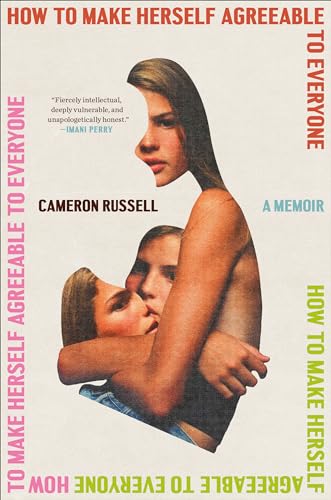Cameron Russell Can't Reform Fashion Alone
The model's gripping new memoir ‘How to Make Herself Agreeable to Everyone’ is a call to action—and accountability—for the entire fashion industry.
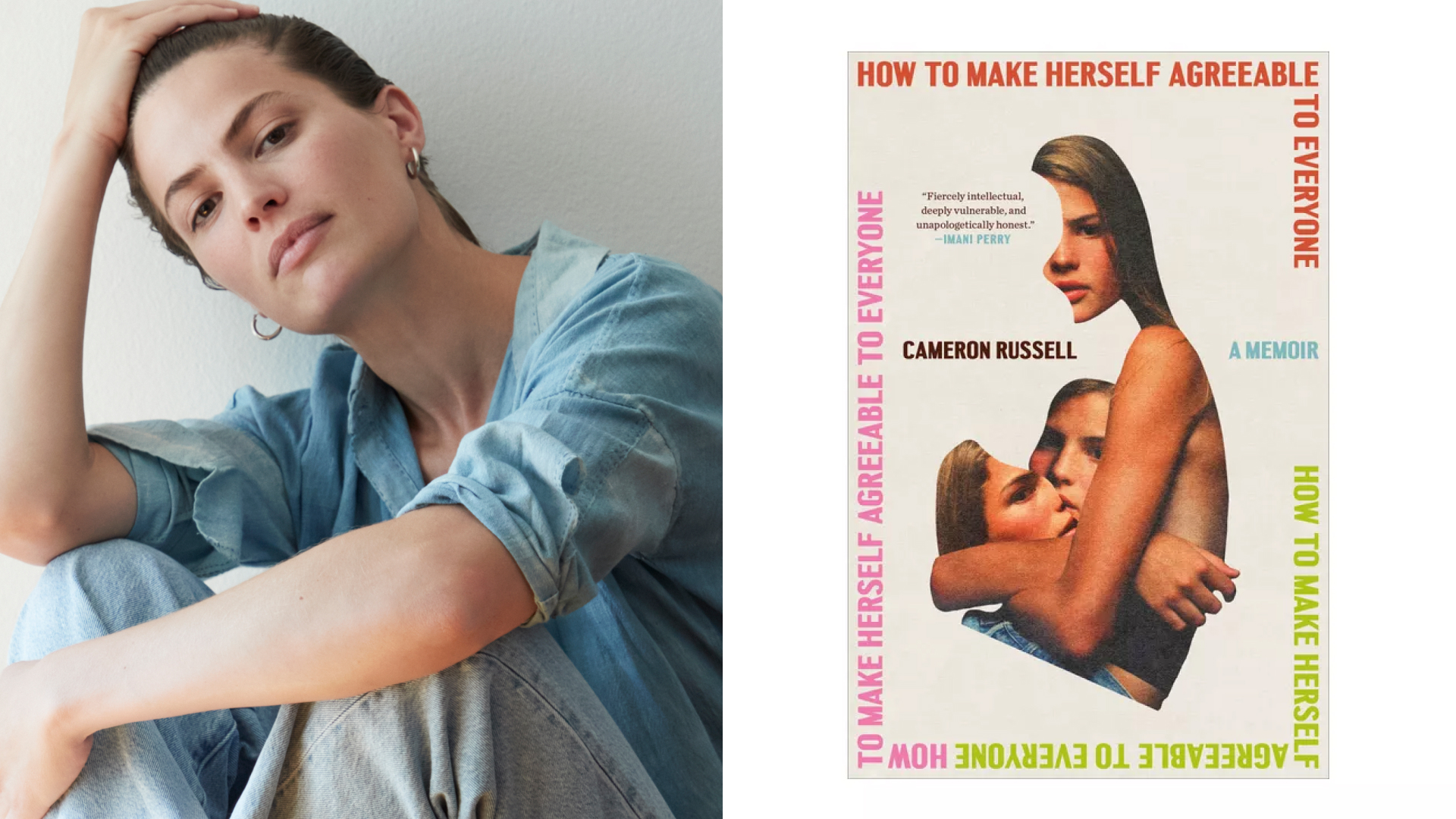
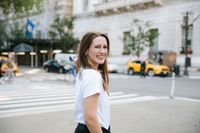
Cameron Russell can guess the question readers will have at the end of the memoir chronicling her career in fashion, How to Make Herself Agreeable to Everyone. Why, after everything, is she still modeling?
Across 244 pages, Russell revisits memory after memory that would justify leaving fashion behind and never looking back. She's discovered as a precocious sixteen-year-old with dreams of one day becoming a U.S. president. By her late teens, she's overexposed to the worst of fashion's behind-the-curtain culture. Photographers ogle at her body and make sexually suggestive comments; job after job demands compromises of Russell's dignity and autonomy for the sake of the shot. By her early thirties, Russell is as successful as most models hope to be, with international magazine covers, lucrative designer campaigns, and a growing presence in the world of community organizing and activism.
Still, she feels growing ambivalence toward the industry where she spent the better part of two decades. After giving a TED Talk on her profession that quickly racks up 40 million views and international press, Russell writes that she "doesn't know what to say" about herself without a script.
“This question, [why continue modeling], was at the heart of the book, and it's a question that I'm asked all the time and it's a question, of course, that I ask myself,” Russell tells Marie Claire. “I hope that when people read the book, they almost feel the universality of that question in this moment.”
Writing and continuing to work are two ways of showing up and demanding accountability for herself and for the industry she’s still part of. First, by laying bare the truth of what happened in makeup trailers and photo studios and late-night work dinners in the past; second, by setting higher standards to protect other models (and all disenfranchised people in fashion) in the present.
Russell’s memories are hers, but her story overlaps with decades of models who came before her. The photographers and agents who dehumanize Russell as a teen are a form of fashion history repeating. In her book, she sees her public successes and private horrors reflected in “every model memoir she can find.”
“In my notes, our stories begin to blur, and I can’t remember which words are mine or hers or someone else’s,” she writes while flipping through titles by Iman and Naomi Campbell, Brooke Shields and Ashely Graham and Janice Dickinson. She counts each time “perfect” appears in narratives across decades and sets. (Dozens, at least.) Consistently, she notes, the best models are the ones who are “up for anything”—a euphemism containing infinitely unpleasant meanings.
Get exclusive access to fashion and beauty trends, hot-off-the-press celebrity news, and more.
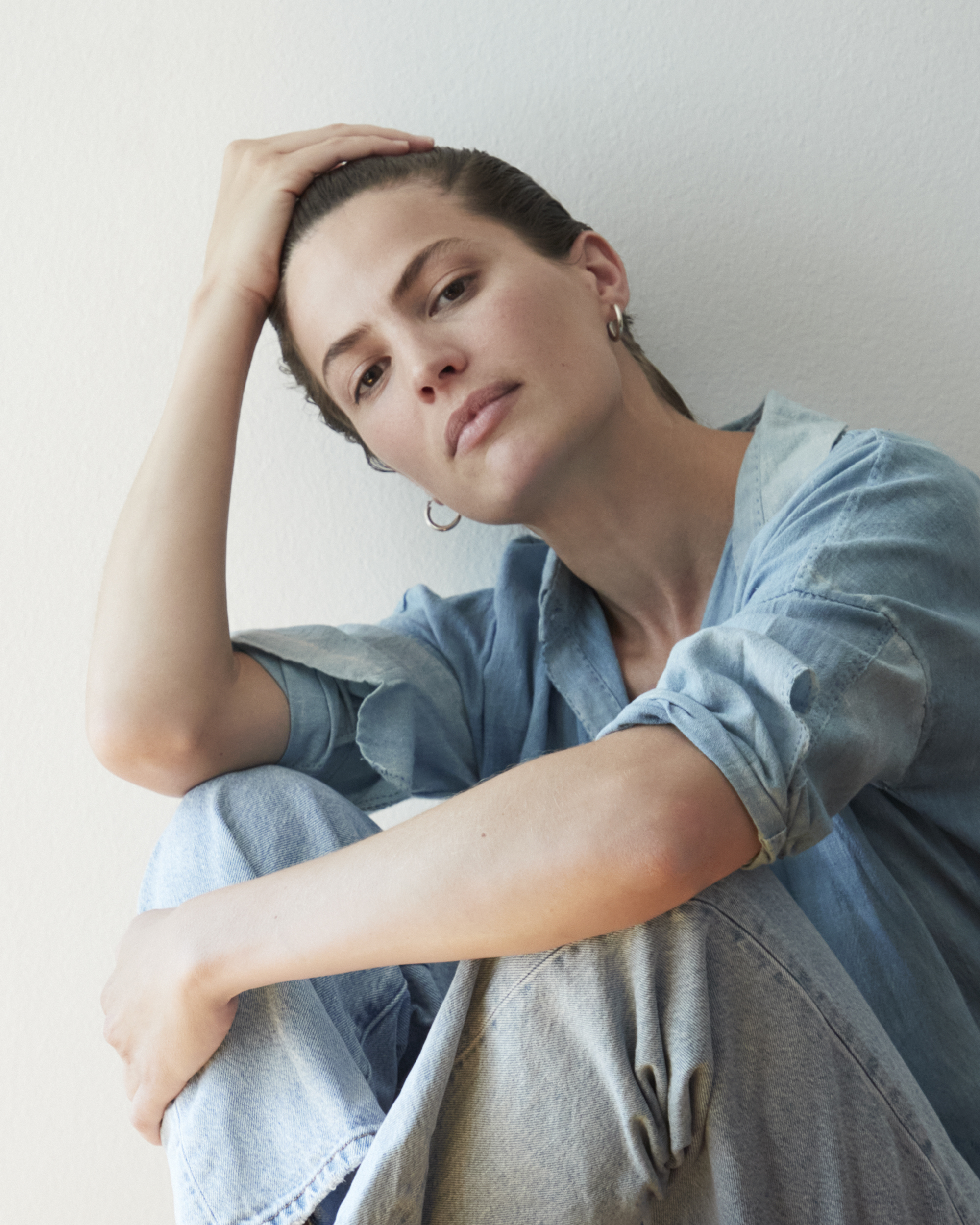
"I hope that the book is a call for the people inside our industry to access and to see themselves as very serious and very ambitious about what they can do in this current moment in history," Russell says.
The story of transcending these experiences, Russell says, is a journey many women and people are on. "It's so important to like resist exceptionality and say this is a group because actually, that's the project that we have to do for the whole industry, right?"
Some of Russell’s journey involves acknowledging her own complicity in fashion’s exploitative systems as she gets older. “Years pass and each day I become less of a witness and more of an accomplice,” she writes in a later passage. She confronts moments from staying silent on set when non-white models are cut from a cover image, to a day spent photographing 77 cheap, disposable clothes for a massive brand on the same day as the Rana Plaza collapse in Bangladesh, which killed more than 1,100 garment workers.
Unflinching honesty about the moments where Russell didn't speak up or step back are essential to the project. “The book is part of trying to be accountable and serious, and be vulnerable, and take some risks because I can,” she says.
Some readers might pick up the memoir on a hunt for industry gossip; to connect the dots between redacted names and timestamps in Russell’s early narrative, feel momentary outrage at how minors and young women are taken advantage of, and then move on—in the style of the press cycles for the model memoirs she read while researching her own book. (How quickly did the conversation move on from the revelations in the Pretty Baby: Brooke Shields documentary, in 2023? Or those in Emily Ratajkowski's My Body, in 2021?) This approach is missing the point.
Russell wants readers to interrogate their relationship to fashion as honestly as she has, especially if they’re coming to the book from within the glossy world of runways and magazine shoots. “If you pull back the curtain, this is an industry filled with people who actually could transform it,” she says. "I hope that the book is a call for the people inside our industry to access and to see themselves as very serious and very ambitious about what they can do in this current moment in history."
Modeling as a profession isn’t going anywhere after one more explosive memoir; neither is the multi-billion dollar network, filled with myriad other issues, that modeling is just one facet of.
One book and one person can't reform the industry, but they can maybe make more people pay attention and take action. "We have to take fashion seriously and we have to be ambitious in this space,” Russell says. “What other choices do we have?"
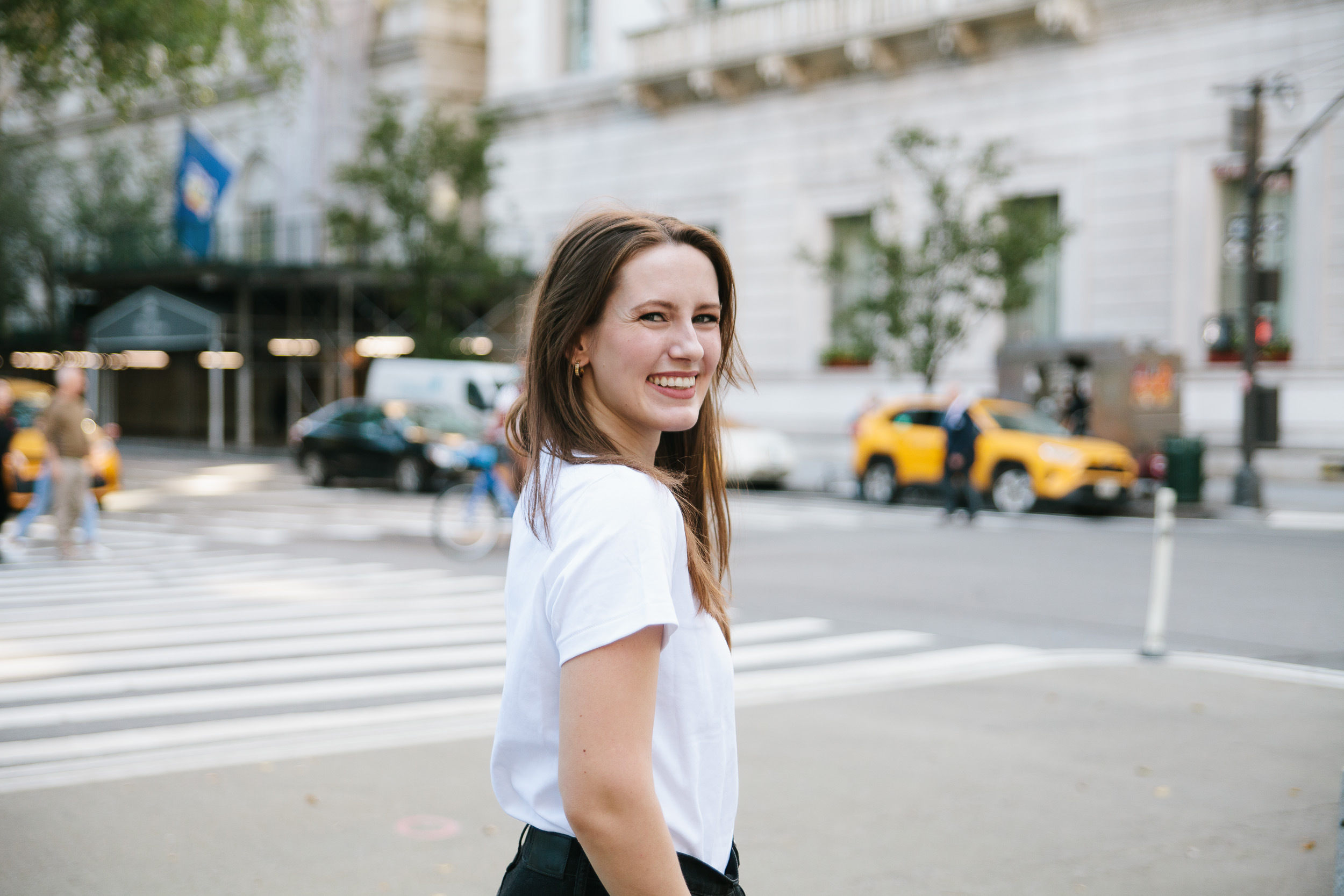
Halie LeSavage is the senior fashion and beauty news editor at Marie Claire. She is an expert on runway trends, celebrity style, and emerging brands. In 8+ years as a journalist, Halie’s reporting has ranged from profiles on insiders like celebrity stylist Molly Dickson to breaking brand collaboration news. She covers events like the Met Gala every year, and gets exclusive insight into red carpet looks through her column, The Close-Up.
Previously, Halie reported at Glamour, Morning Brew, and Harper’s Bazaar. She has been cited as a fashion and beauty expert in The Cut, CNN Underscored, and Reuters. In 2022, she earned the Hearst Spotlight Award for excellence and innovation in fashion journalism. She holds a bachelor’s degree in English from Harvard College.
